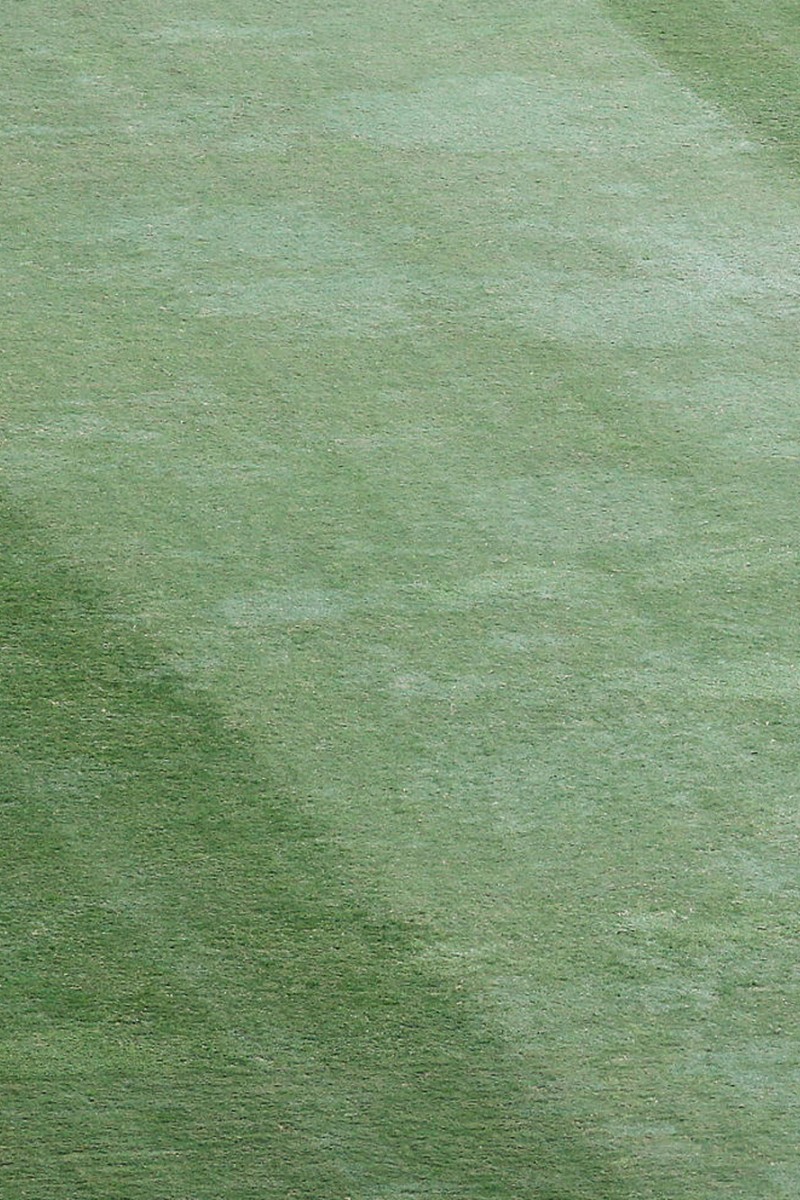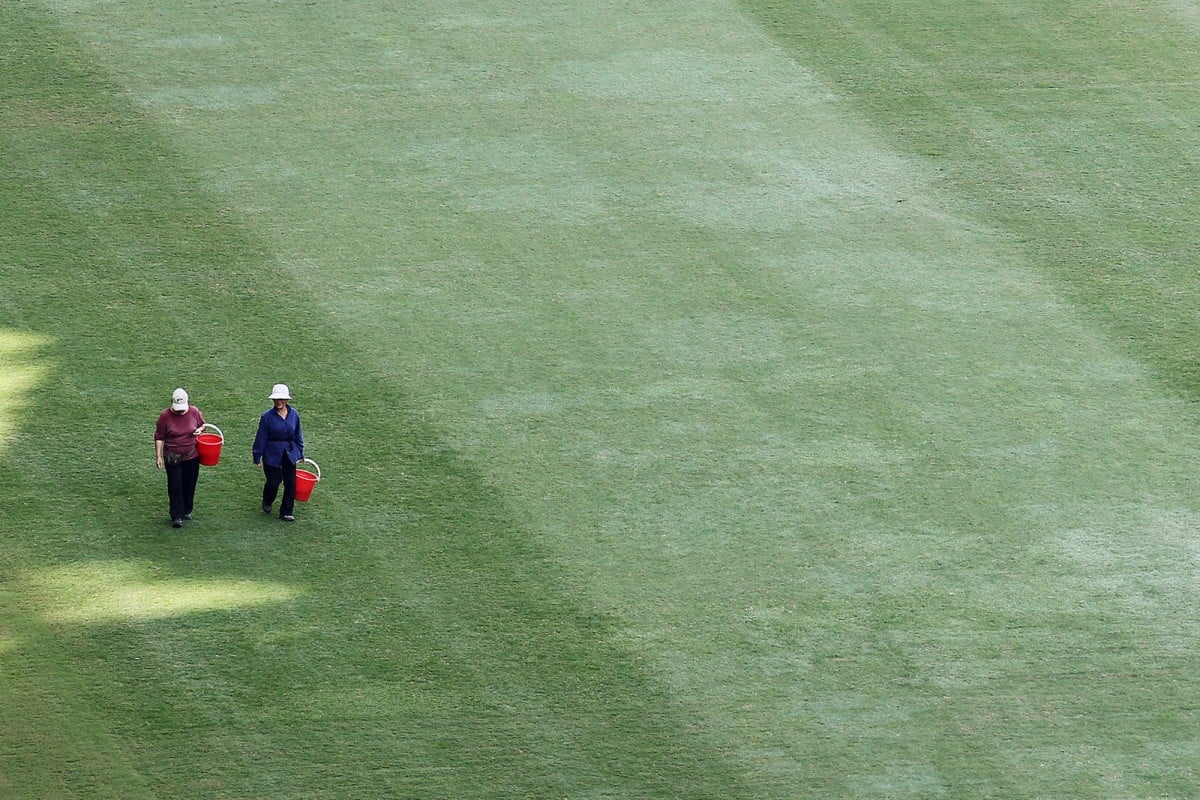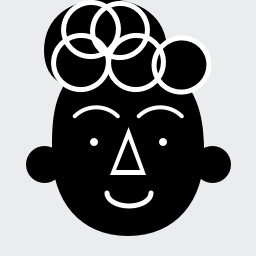
Hong Kong can keep its cool - if it keeps the natural grass pitches
Artificial turf has no cooling effect, and increases the risk of heat stroke among athletes and children, says expert
 Hong Kong Stadium is still all-natural.
Hong Kong Stadium is still all-natural.A scientific study has found that artificial grass can be 90 per cent hotter than the air temperature in summer, increasing the risk of heat stroke among athletes and children.
Professor Jim Chi-yung, chair professor of geography at the University of Hong Kong, has researched the surface temperature on natural and fake grass. He found that the surface temperature of artificial turf in 35-degree-Celsius heat can rise up to 70 degrees, while real turf is not higher than 38 degrees. This means artificial grass has no cooling effect, and actually makes the city hotter, adding to the so-called "heat island effect".
The research also found that heat stress - when heat causes discomfort on the body - was greater on artificial grass pitches than natural grass pitches.
"A human being will not be feeling just the air temperature but the heat sensation," Jim said.
But the surface temperature of natural grass was closer to air temperature, making it more suitable for sports. This is because water evaporation from natural turf can cool down the temperature, whereas artificial grass contains synthetic fibres with a base of sand and rubber granules. Natural grass pitches can serve important ecosystem purposes and help curb the urban heat island effect.
The Leisure and Cultural Services Department has been replacing most natural grass pitches with artificial ones to reduce maintenance costs. Three natural pitches have been converted since 2011 and the department has plans to convert five more. They hope that by 2017 Hong Kong will have 42 natural pitches and 39 artificial ones.
"It is very disappointing that while every developed country is working to reduce the urban heat island effect, the government here is doing things to intensify it," Jim said.
The first detailed analysis on turf and heat stress in Hong Kong should make the department consider if it's necessary to replace the natural grass pitches with fake ones.
